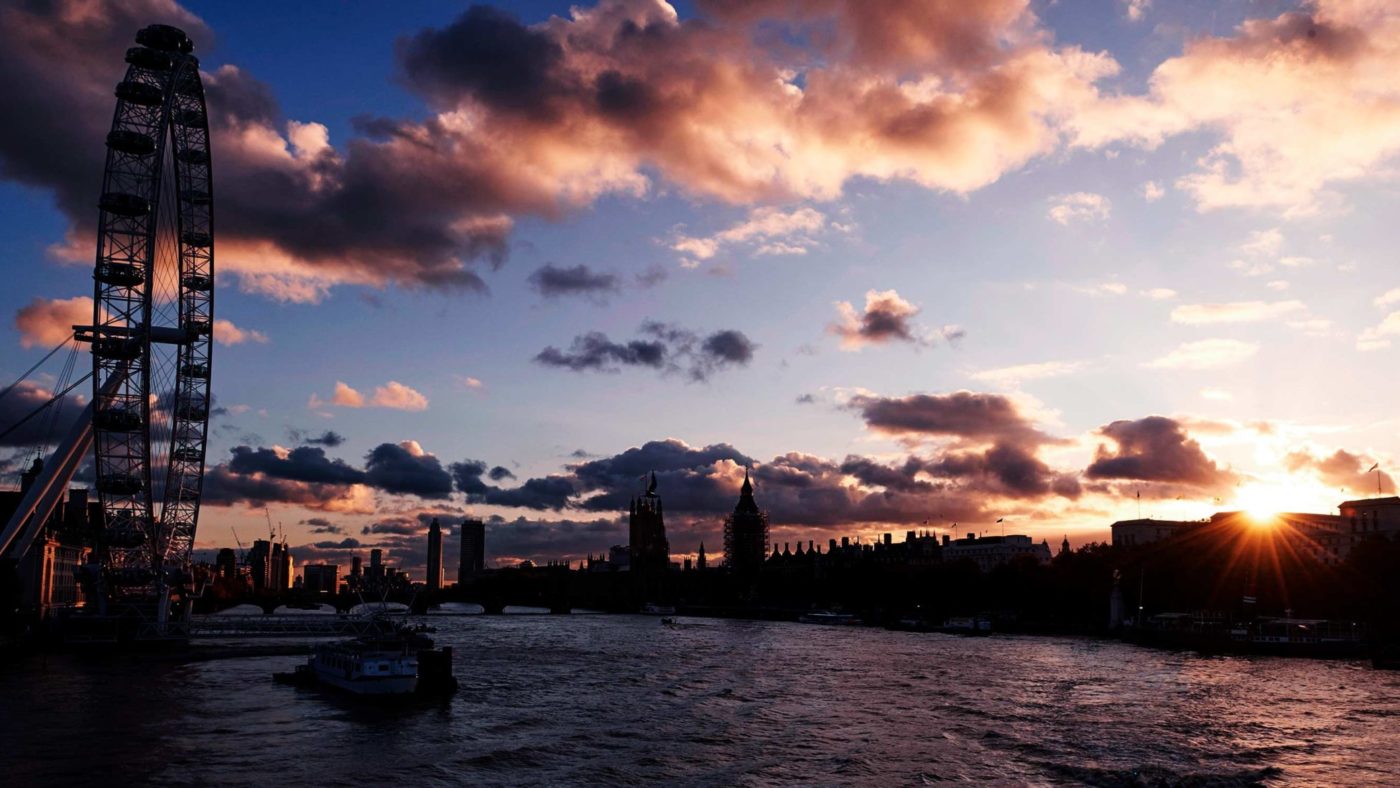In our country, in many places, many people no longer recognise, nor like, much of what they see each day. Countless high streets have become desolate, with numerous independent small businesses long gone and those that remain facing unfair competition from corporate giants; social solidarity that once built communities has been eroded by selfish individualism; and once routine civilities and courtesies, along with respect for authority, have become rare or derided.
The liberal establishment either don’t see, or won’t admit all this. Perhaps they can’t face the fact that while there are many causes of social decline, at the heart of the problem is liberalism itself. Yet, whilst the advocacy of liberalism continues to dominate much of our traditional media, as socialism creeps forward on social media, conservatism too often goes largely unpromoted and undefended.
There are many reasons for this, but two stand out. Firstly, the historic decision of the British people to leave the European Union which has resulted in many commentators confusing conservatism with populism. The misunderstanding is, at best, mischievous; at worst, it is a malevolent attempt to reverse or undermine the Brexit vote.
The second is even more damaging. One that has stopped the Brexit vote from being translated into the kind of domestic agenda for which people are crying out – a programme sufficient to spark the rebirth of our nation. This reason is that, paradoxically, conservatism is often confused with liberalism.
When prompted by the question “why are you a conservative?”, many would instinctively reply that it is because “the Conservative Party is the party of freedom”. The Conservative Party has long defended the value of personal responsibility and protected human dignity. But while freedom is part of what conservatism comprises, we must never mistake a love of liberty with libertarianism. It is a confusion all too common today; one derived from a defensive acceptance of the socially destructive assumptions of our age.
Our media has become increasingly obsessed by social issues once considered marginal. Liberalism must always have something to push against – a fresh barrier to be broken, another social convention to be challenged. Like populism, liberalism is, in essence, a destructive force.
The growth in identity politics – in which almost everything is understood through the prism of the ego — feeds relativism. As Pope Benedict said “We are moving toward a dictatorship of relativism which does not recognise anything as definitive and has as its highest value one’s own ego and one’s own desires.”
Ultimately, this dictatorship of relativism is only possible because of the impoverishment of public discourse. We see this on social media, which is quickly becoming an echo chamber where prejudices are confirmed and reinforced, not challenged. In this echo chamber identity has become the ultimate arbiter of opinion.
This is the triumph of relativism: ego over reflection; opinion over knowledge.
Only conservatism offers a concrete, coherent response to this social malaise. Conservatism is not about the egotistical conception of freedom. We are not defined by our ability to do what we like but, rather, by the things that we know we ought to do, or not do. For freedom without purpose is the seed corn of social decay. It is only in the context of morality and reflection that true freedom can be found.
I come from a working class that was law-abiding, hard-working, generous and, most of all, secure in their views and values — free from guilty shame about patriotism, confident in a biblical adherence to just retribution for criminals. Conservatives must no longer allow our opponents to claim a monopoly on virtue. Fairness is our idea as much as it’s anyone’s. After all, where is the fairness in a future Labour government once again burdening generations to come with a mountain of debt in order to finance their latest experiment in nationalisation?
Where is the fairness in imposing doctrinal multiculturalism to trap people in inflexible, disconnected, or segregated communities? Where is the fairness in a criminal justice system that prioritises the rights of offenders yet neglects the plight of the victims?
A politics that is noble and ambitious is desperately needed: a politics of hope. We must think about how to renew Britain, not how to manage what some suppose to be inevitable decline. We must reward people for doing the right thing: making a commitment through marriage; raising a family; working hard to make a living; and giving time to their communities.
If we can restore hope in the difference we can make, we will have done much to restore Britain itself. Once people know again that there is no predetermined future — we can be all we want to be. By challenging the liberal orthodoxy we will ignite the flame of the people’s will. When the phoenix rises, we will regain and renew Britain.


